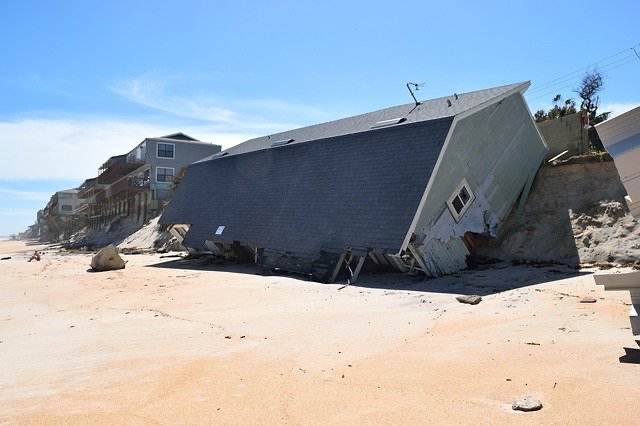Global property insurance rates mixed in Q2, but US cat-exposed sees decrease: Marsh

Global commercial insurance rates were flat in the second quarter of 2024, according to broker Marsh’s latest analysis and while the rate experience is mixed across the globe in property risks, in the United States it is starting to even show decreases in peak catastrophe exposed zones.
Over the last few years the general trajectory for US commercial property insurance rates has been upwards, with catastrophe exposed regions seeing the largest increases almost every quarter.
But, for the second-quarter of 2024, Marsh has said that, “Insureds with assets concentrated in natural catastrophe (CAT) zones — such as the Gulf of Mexico, Atlantic coast, and California — that in recent years experienced greater than average rate increases are now generally seeing above average decreases.”
Above average decreases in regions where catastrophe exposure and property losses continue to hurt insurers and the reinsurance market, would seem to be a reflection of increased appetites, perhaps also that reinsurance pricing has begun to moderate.
Across the cycles that the insurance and reinsurance market experiences, there almost always comes a time where companies that have been holding back suddenly elevate their appetites to write more business, typically just as the market’s price cycle peaks.
Whether that’s driven by FOMO (fear of missing out) this time around is not so clear, but it is precisely what was seen in property catastrophe reinsurance back in the 2010’s, when major reinsurers suddenly upped their appetites for US cat risk right as the market began on a softening trend.
Which can often chase the rates down and drive much faster term deterioration as well, so it’s going to be interesting to see what happens this time.
Of course, Marsh’s new commentary is focused on the commercial insurance market, not reinsurance and after the mid-year renewals we continue to see reinsurers hesitant to write too much more in US cat business.
So, we’re not quite at the early 2010’s in reinsurance yet, but perhaps we’re approaching it in primary markets.
Overall, Marsh notes that Q2 2024 is the first time in nearly seven years, since the third quarter of 2017, that its global composite rate has not increased.
Adding that, “The continued moderation of rates was largely driven increasing competition among insurers in the global property market.”
“Property insurance rates globally were flat compared to 3% and 6% average increases in Q1 2024 and Q4 2023, and either declined or moderated in every region except IMEA,” Marsh continued to explain.
In the US, Marsh cautions that any signs of a major loss event could reverse the trajectory of commercial property insurance rates and result in more firming.
The broker attributes improved US commercial property insurance market conditions to “insurers’ strong underwriting and financial results, as well as stability in the reinsurance market, which led to increased available capacity.”
Because of this, more limits have been available for both shared and layered program structures.
However, there are other moves afoot in US property to assist with the still elevated pricing environment and buyers continue to explore alternatives, Marsh said.
Assuming more risk is part of this, as too is launching captives or structured solutions, but in addition parametric risk transfer is gaining further momentum.
That’s also the case in Asia, where Marsh noted a continued focus on alternative risk transfer solutions for property exposures.
While rates moderated elsewhere around the world, there are still abundant challenges, many of which are created by catastrophe, climate and weather related losses.
These include in IMEA, where rates are accelerating again because of the loss experience, as well as in Latin American countries such as Brazil, where severe weather has challenged insurers.
The Atlantic hurricane season is set to be a significant input to the rate trajectory for US property risks going forwards.
But, should it prove more benign, in terms of overall industry impact, than the forecast numbers might suggest, then it does appear that US property insurance rates would be set for perhaps more rapid decline, while we’d anticipate reinsurance pricing might follow them down as well.
Pat Donnelly, President, Marsh Specialty and Global Placement, Marsh, commented, “We have seen the continued moderation of the global composite rate over the past few years, with a stable composite in Q2 2024, which is a positive movement for our clients. As there remains rate increases in some lines, we see significant opportunities to help clients navigate the complexity they’re facing today and support their risk financing decisions.”






